Cambridge University ‘bust myths’ about family, sex and work
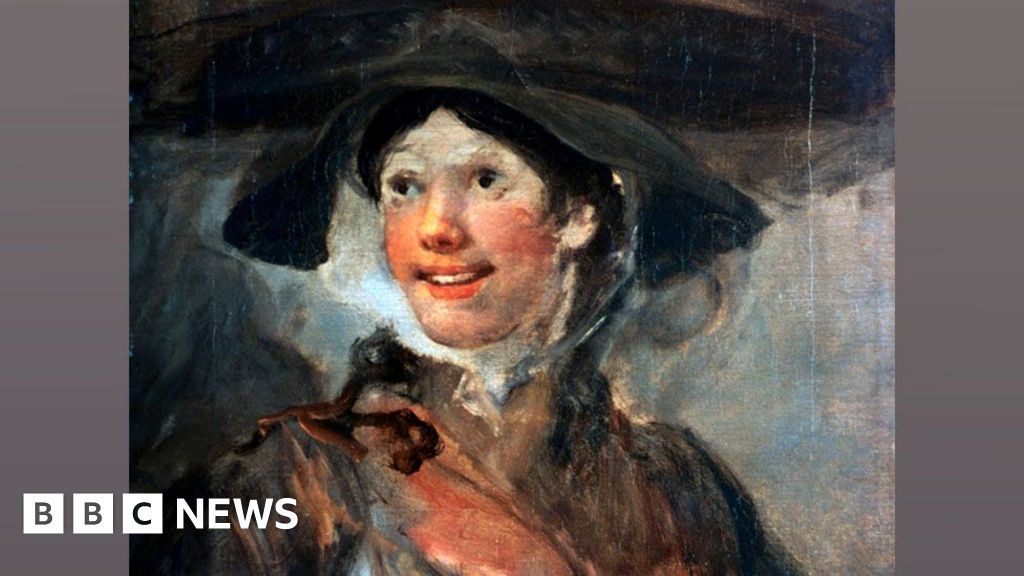
By Katy Prickett, BBC News, Cambridgeshire
 Getty Images
Getty ImagesThe belief that sex before marriage was unusual in the past or the rich have always outlived the poor are among a series of “stubborn myths busted” by researchers.
University of Cambridge experts have drawn on 60 years of analysis of 250 million English records from the Elizabethan era to the early 20th Century.
Other enduring myths include the assumption women working outside the home was a late 20th Century phenomenon or that few people lived beyond the age of 40.
“Over the last 60 years, our researchers have gone through huge amounts of data to set the record straight,” said Prof Alice Reid.
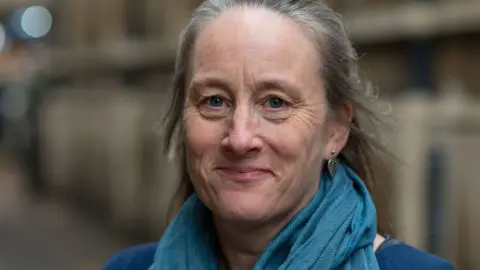 Jean-Luc Benazet Photography
Jean-Luc Benazet Photography “Assumptions about lives, families and work in the past continue to influence attitudes today,” added the professor, a fellow of Churchill College.
“So many people think that people had loads of children, they married really early and died young, so when we talk to people they are really surprised by the demographic patterns of the past.”
Prof Reid is the director of The Cambridge Group for the History of Population and Social Structure (Campop).
It was founded in 1964 by Peter Laslett and Tony Wrigley to conduct data-driven research into family and demographic history, and it has made the history of England’s population the best understood in the world, according to the university.
More than 250 million records, including census data, parish and civil registers, probate records, street and trade directories, from the Elizabethan era to the early 20th Century, were analysed to reach its findings.
Myth: No sex before marriage
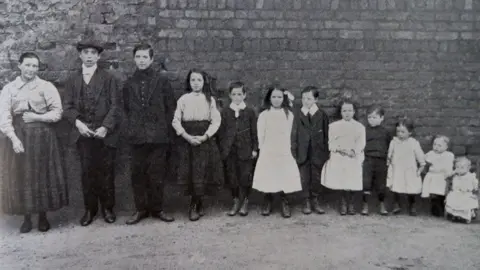 University of Cambridge
University of CambridgeIn some periods, more than half of all brides were already pregnant when they got married, according to the researchers.
Prof Reid said: “Most people would start having sex when they made agreements to marry and if they became pregnant, that would speed up the marriage.”
Non-marital pregnancy rates were low, ranging from 2% to 5% of births between 1540 and 1750.
They increased in the early 19th Century before dropping as the century progressed. That rate only started to rise again in the late 20th Century.
People also got married later than believed, with women typically waiting until their mid-20s while men were a couple of years older – and families were often smaller than believed.
Prof Reid said: “One of the most important ways of keeping fertility down was a late marriage and people would delay marriage during times when the economy was bad, as it was more difficult to build up a nest egg needed to set up a new household.”
The only time since 1550 that average age of first marriage for women fell below 24 was during the baby boom of the 1950s and 1960s.
Myth: Women did not work outside the home
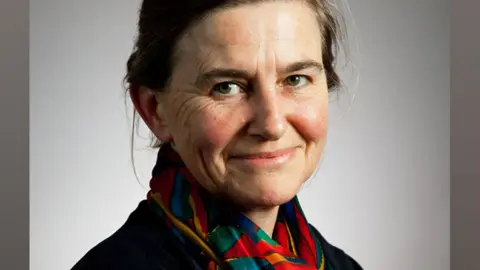 Graham Copekoga
Graham CopekogaAbout 90% of women in the 18th Century worked before and after marriage, according to Campop’s professor Amy Erickson.
“Female entrepreneurs were absolutely normal in the 18th Century,” she said.
“It was absolutely normal for them to be married and run their own business, some with their husbands and some alongside.”
One of the largest employers of both men and women was the textile industry.
Prof Erickson said: “Both sexes were also employed in domestic work as well as manufacture, retail and agriculture.”
Mechanisation led to the collapse of textile employment and by the 1851 census, female employment was down to about 40%.
“But this figure is difficult to interpret because the census asked women to list their ‘regular’ employment – whereas men were asked to list their occupation,” she said.
“We don’t know how many hours ‘regular’ means.”
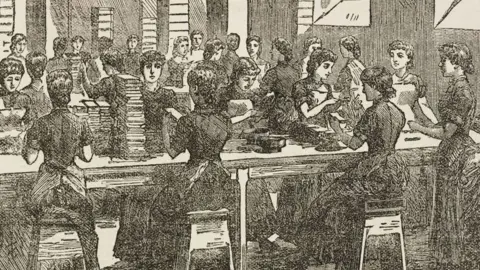 Getty Images
Getty Images‘Myths can be harmful’
Other truths Campop researchers have discovered will be revealed in a series of weekly blog posts, and they include:
- The risk of childbirth was far lower than people believed
- The title Mrs only began to have a common association with marriage by 1900
- Famine and starvation were not common in England due to the Poor Laws (which did not extend to Ireland, where the British administration oversaw one of the last great famines in western Europe in the 1840s)
- Life expectancy was no higher for aristocrats than for the rest of the population
Prof Erickson said: “People, not least politicians, often refer to history to nudge us to do something, or stop doing something.
“Not all of this history is accurate and repeating myths about sex, marriage, family and work can be quite harmful.”
Related
Youth football teams hold minute’s silence for 10-year-old Poppy Atkinson
Youth football teams and grassroots clubs across the country have held a minute’s silence at the start of their games to commemorate a 10-year-old girl who di
Girl’s death sparks minute’s silence at football matches nationwide
10-year-old Poppy Atkinson was killed when she was struck by a car during a training session at Kendal Rugby Club in Cumbria. Clubs from Leeds to London
Liverpool fans’ Uefa claim can be heard in England, judge…
The high court, sitting in Liverpool, heard Uefa had relied upon the principle that English courts will not inquire into the legality of actions by foreign gove
Alan Shearer’s Premier League predictions including Manchester United vs Arsenal
Caption: Alan Shearer?s Premier League predictions credit: Getty / Metro After some impressive results for English sides in Europe the focus is













